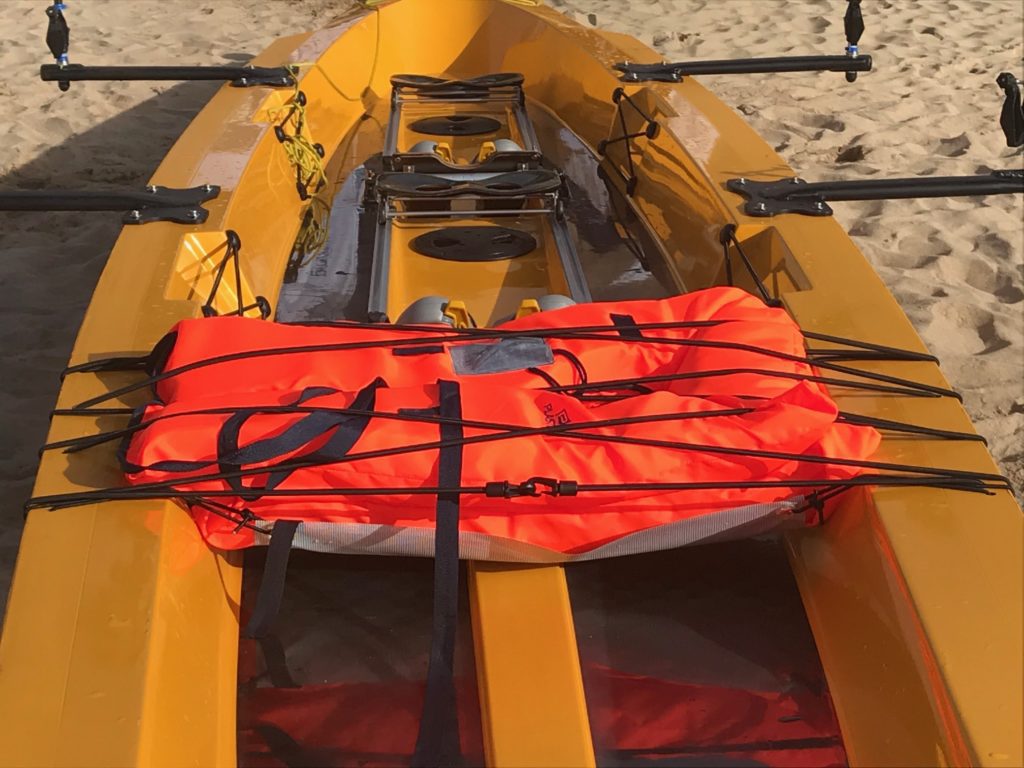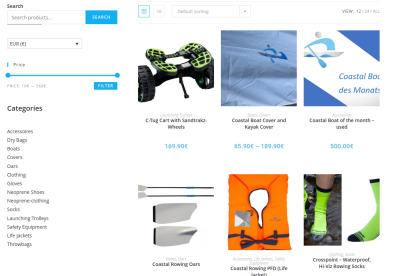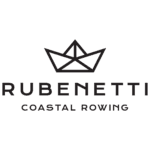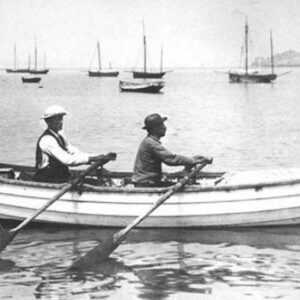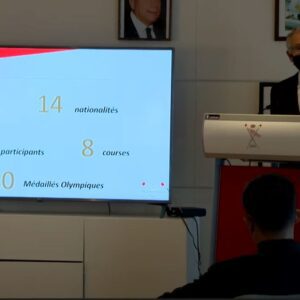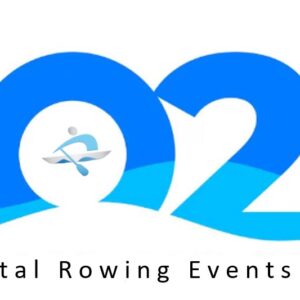
Coastal Rowing was confirmed earlier this month as a debut sport for the 2026 Commonwealth Games in Victoria, Australia, and seems certain to be a part of the 2028 Olympic Games in Los Angeles and four years later in Brisbane.
Rowing NZ chief executive Geoff Barry said the organisation had supported Rowing Australia’s push for coastal rowing to be contested in four years’ time, with the understanding it was going to be a larger part of elite international rowing in coming years.
”We’ve got lots of pinnacle events – world championships and Olympic – for our elite rowers, so coastal was the natural place to go.
“We haven’t advanced much in the conversation of what a high performance programme would look like. We have to make a decision in the next calendar year what a high performance programme looks like and how it’s going to be resourced.
”I think there will be a commitment over the next 12 months to go hard or not. My natural instinct is that we will – I think it’s too good an opportunity not to.”
Among the decisions Rowing NZ is likely to have to make is whether at some point a coastal programme would be exclusive from the current ‘flat water’ HP programme at Lake Karapiro.
There are two formats of coastal rowing – an endurance event and a beach sprint discipline.

At the World Rowing Coastal Championships, individuals or crews compete in 4-to-6 kilometre races around multiple turning points.
The World Rowing Beach Sprint Finals see a head-to-head elimination style of racing, with a short sprint along the beach, a 250m row, and a 180-degree turn before rowing back to the beach and sprinting to the finish line.
There are currently seven boat classes for men and women: the solo, the double sculls, the coxed quadruple sculls and the mixed double sculls.
A handful of New Zealand rowers recently independently contested both coastal rowing world championships – some shortly after winning medals at the world rowing championships at Racice in the Czech Republic.
Tokyo Olympics single sculls gold medallist Emma Twigg was among them – she won gold at the World Beach Sprint Finals in Saundersfoot, Wales, in the CW1x class (decided on fastest times after racing was cancelled during the quarterfinals as conditions had become too dangerous for racing) after claiming silver in the Czech Republic.

